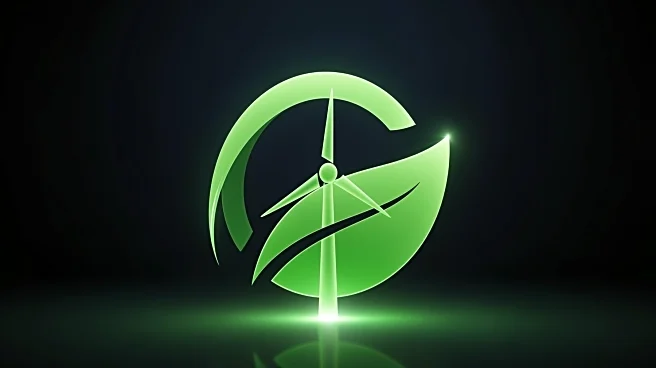What's Happening?
Chris Wright, nominated by President Trump as Secretary of Energy, is known for his unconventional views on climate change and energy policy. Wright, an energy entrepreneur, has been vocal about his belief
that energy consumption improves lives and that existing alternatives to hydrocarbons are insufficient to replace the current energy system. His philosophy, termed 'energy sobriety,' acknowledges climate change but diminishes the urgency of responding to it. Wright's nomination has drawn criticism from environmental groups and Democrats who focus on climate action.
Why It's Important?
Wright's views on energy and climate policy could significantly impact U.S. energy strategy, potentially shifting focus from clean energy initiatives to fossil fuel production. His approach may influence public policy, affecting environmental regulations and global efforts to reduce greenhouse gas emissions. Wright's emphasis on energy access in developing countries could also shape U.S. foreign policy and international energy agreements.
What's Next?
As Secretary of Energy, Wright may push for policies that prioritize fossil fuel production and reduce subsidies for clean energy. His approach could lead to changes in energy regulations and international climate agreements, prompting reactions from environmental groups and political leaders.
Beyond the Headlines
Wright's philosophy may trigger debates on the ethical implications of prioritizing fossil fuel production over environmental protection. His stance on climate change could lead to long-term shifts in U.S. energy strategy, affecting global efforts to address climate change.










